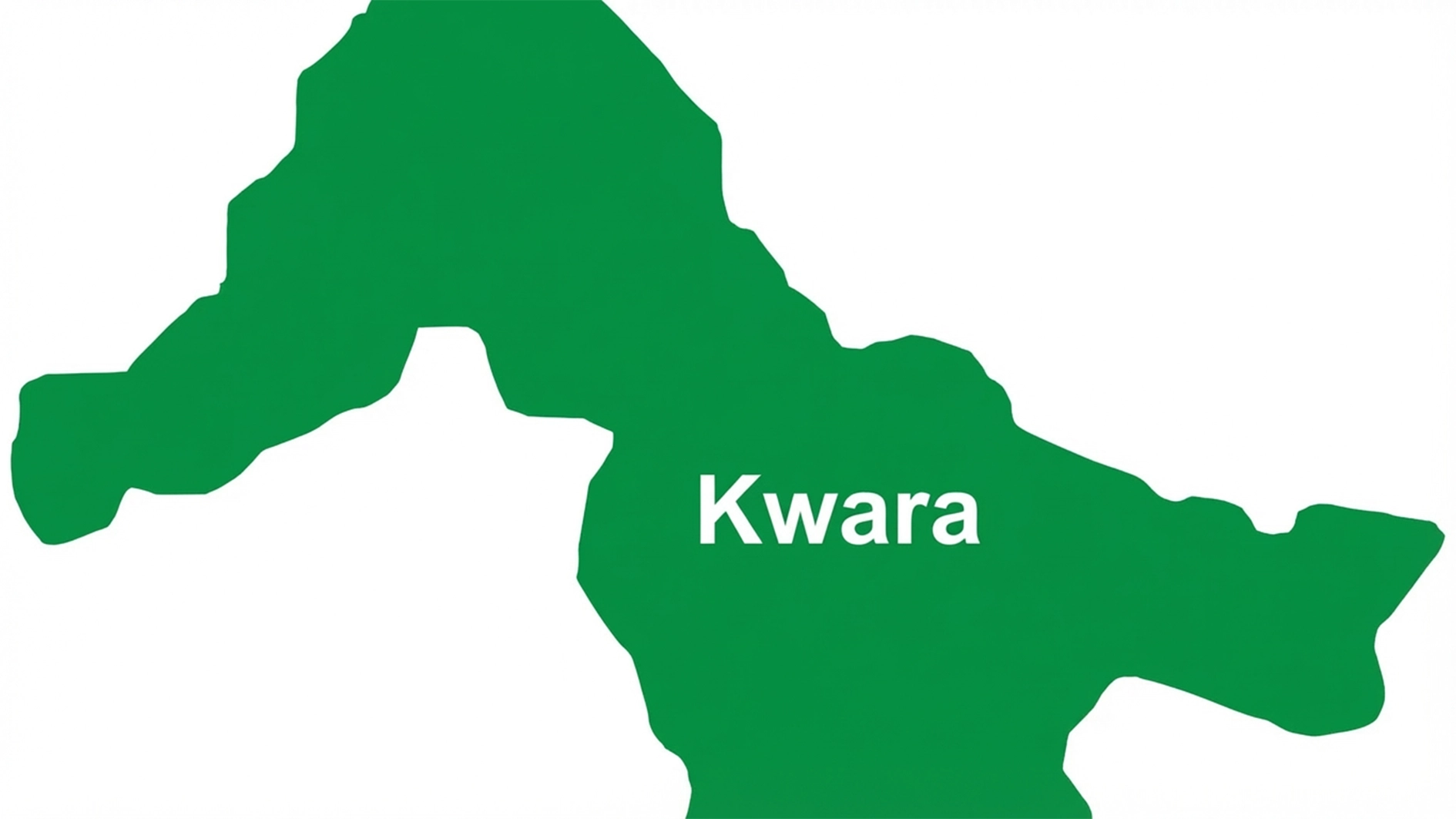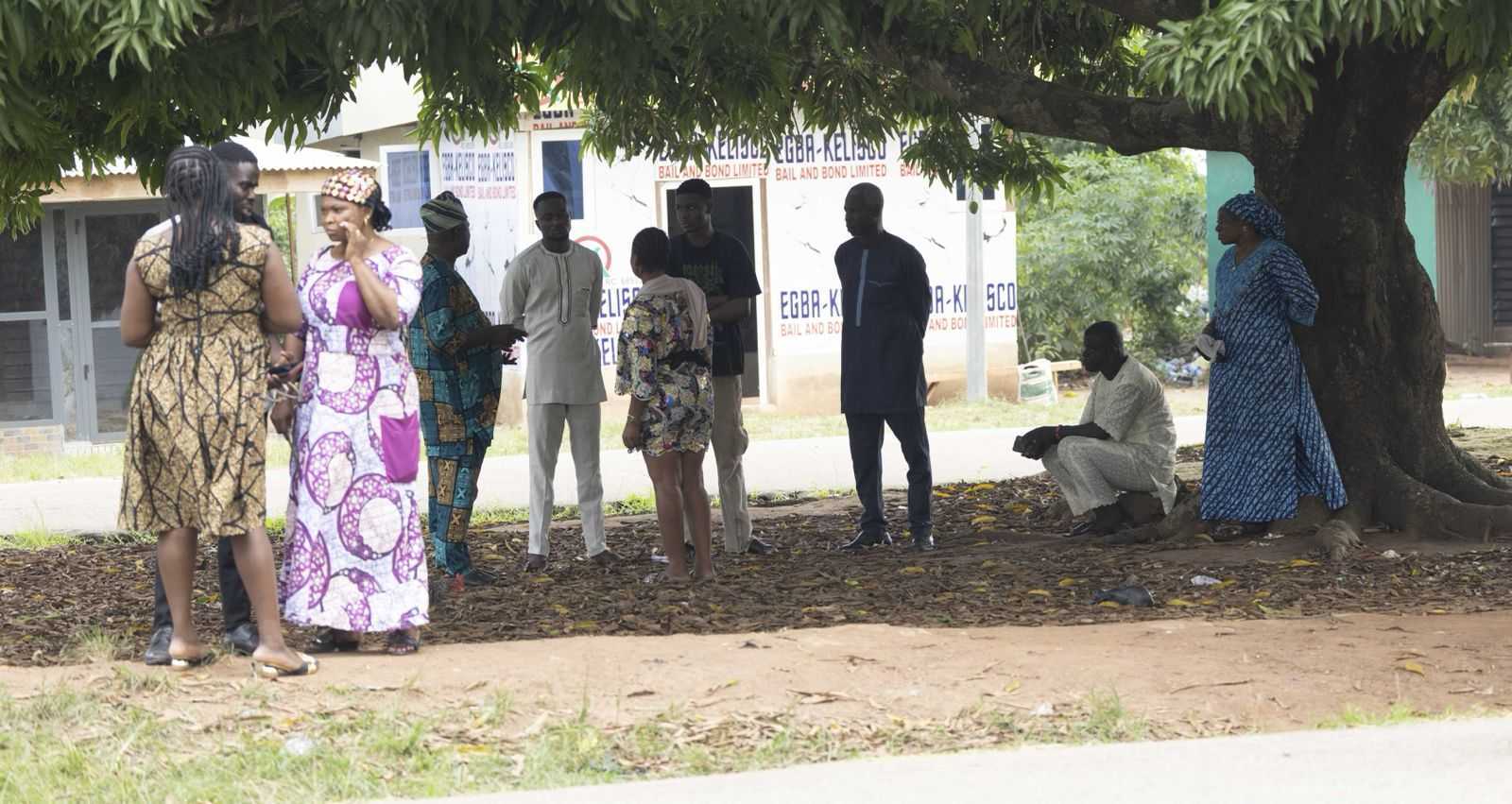• Forum knocks Nigerian leaders for ignoring Awolowo’s warning
Former Minister of Transportation, Chibuike Amaechi, has accused key political figures, who frustrated former President Muhammadu Buhari’s electoral reform efforts, of pretending to champion the same cause they once sabotaged.
This was as former Minister of Education and co-convener of the #BringBackOurGirls movement, Dr Obiageli Ezekwesili, launched a searing critique of Nigeria’s electoral and judicial systems, warning that the country’s democracy has been “reduced to courtroom contests rather than citizens’ choices.”
Meanwhile, the Unified Nigeria Youth Forum (UNYF) faulted successive Nigerian leaders for failing to heed the warning issued more than four decades ago by the late statesman, Obafemi Awolowo, that the country was heading towards danger unless guided by visionary and selfless leadership.
Speaking at the National Electoral Reform Summit in Abuja, the former governor of Rivers State said many of those leading present reform campaigns were the very actors who pressured Buhari not to sign the landmark electoral amendment bill during his tenure.
“When we were in government, Buhari swore that one legacy he would leave behind was electoral reform – a process that would make sure every vote counted,” Amaechi said. “But when the National Assembly brought the bill, some politicians went to him, pushed him beyond measure and stopped him from signing. Now, those same people are the ones shouting for reform.”
Amaechi described the situation as the height of political hypocrisy and self-interest, arguing that Nigerian politicians often support or oppose reform only when it suits their fortunes.
“Most of those who talk about electoral reform do so depending on where their stomach is facing,” he said. “If they’re eating, they don’t want reform. If they’re hungry, suddenly they remember reform.”
He said the failure to institutionalise credible elections left Nigeria trapped in a cycle of political deceit, where the same elite alternate between power and protest.
Amaechi, who served as Director-General of Buhari’s 2015 and 2019 presidential campaigns, said the former President’s refusal to sign the electoral bill was one of his biggest political missteps – a decision, he noted, that continues to haunt the nation.
“That singular act denied Nigeria a chance to entrench fairness in its electoral system,” he said. “If Buhari had signed it, we wouldn’t be here today talking about reform.”
Turning his attention to the Bola Tinubu administration, Amaechi warned that those in power risk repeating the same mistake if they fail to allow credible elections.
ALSO speaking at the summit, Ezekwesili said Nigeria’s democracy “is in moral and institutional crisis” and could only be saved through sweeping reforms that restore independence, credibility and public trust in the electoral process.
“Our democracy has been distorted into what I call courtroom democracy – where elections are increasingly decided in courts rather than at the polling stations,” she declared. “This delegitimises the power of citizens to determine their leaders.”
According to the former Vice President of the World Bank, since 1999, Nigeria’s courts – not voters – have often determined who occupies public office, with inconsistent judgments that have “eroded confidence in both the judiciary and the electoral system.”
She added: “Once upon a time, if you could not trust any institution in this country, you could still trust the judiciary,” she said passionately. “But that is no longer true, and that breaks my heart.”
Tracing Nigeria’s troubled political evolution, Ezekwesili recalled her first voting experience in the early 1990s, noting that the promise of democratic renewal in 1999 had been squandered through “systemic failures and institutional capture.”
“We have practised democracy in the breach,” she said. “What we call the principles of democracy have not earned us laurels in any global indicator. We remain a hybrid democracy – a lower-bottomed system struggling for legitimacy.”
She described the 2023 general elections as an “unmitigated disaster” that shattered public trust in the Independent National Electoral Commission (INEC), and insisted that meaningful reform must begin with the complete independence and transparency of the electoral body.
AT a briefing in Abuja, yesterday, UNYF said Nigeria’s present realities of insecurity, widespread poverty and moral decadence were consequences of ignoring Awolowo’s 1981 caution that the nation was “seriously ill” and risked “frightful dangers” if public office remained driven by selfish interests rather than national purpose.
President of the Forum, Olajide Toriah, observed that more than four decades after that warning, the country’s condition deteriorated even further, as insecurity, economic instability and moral decay continue to threaten national unity.
Praying that the 2027 elections do not produce another cycle of mediocrity, he insisted that the country needs leaders committed to rebuilding trust and instituting reforms that promote equity and national cohesion.






